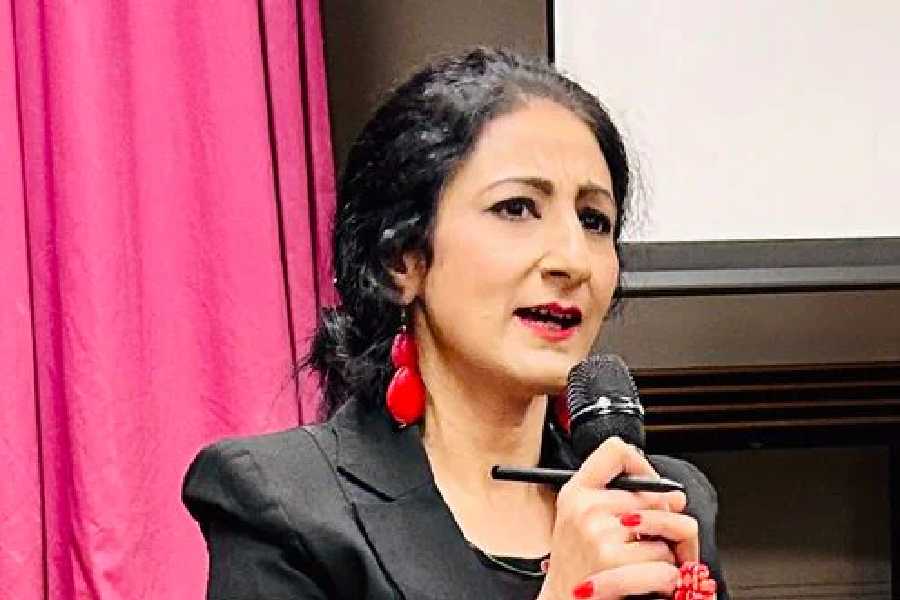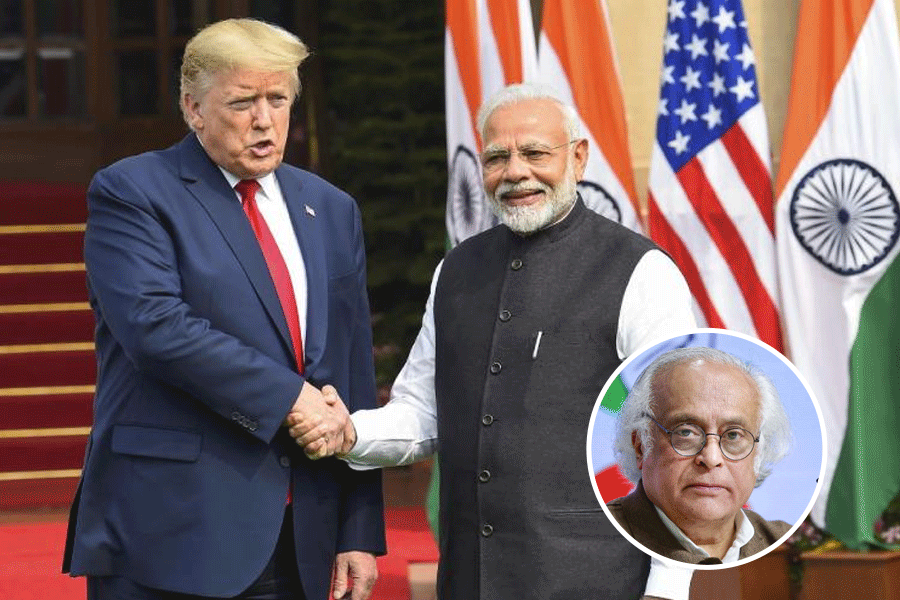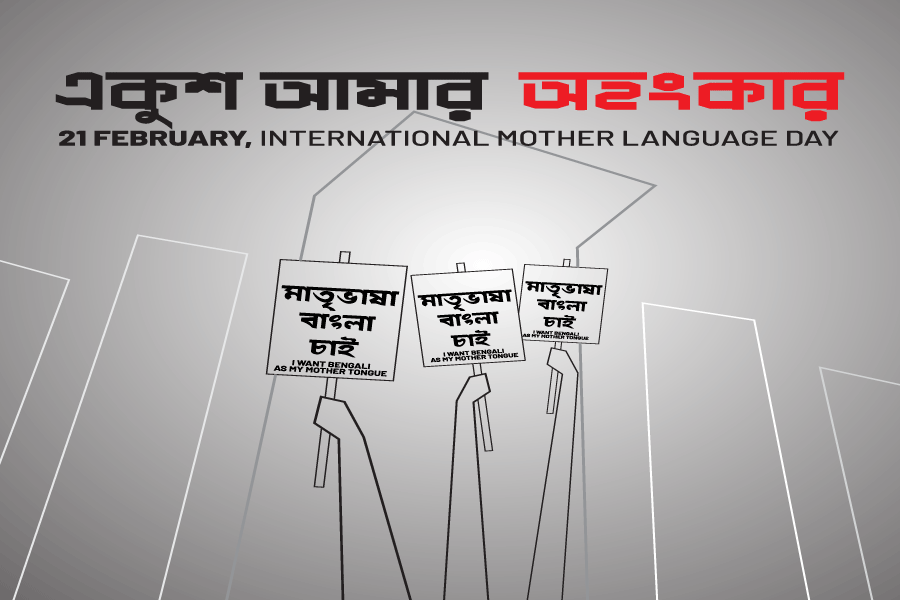India has cancelled the Overseas Citizenship of India (OCI) status of UK-based academic Nitasha Kaul, citing her alleged involvement in “anti-India activities” and accusing her of maligning the country’s sovereignty and institutions through her academic and public engagements.
Kaul, a Kashmiri Pandit professor of Politics and International Relations at the University of Westminster in London, shared a copy of the cancellation order on X on Sunday. She termed the government’s move as an act of “transnational repression” and described it as “vindictive” and “cruel”.
“A bad faith, vindictive, cruel example of #TNR (transnational repression) punishing me for scholarly work on anti-minority & anti-democratic policies of #Modi rule,” Kaul posted, adding that the decision was taken despite her submitting a detailed, 20,000-word rebuttal.
The cancellation notice issued by the ministry of home affairs stated that Kaul had been “indulging in anti-India activities, motivated by malice and complete disregard for facts or history.”
It went on to accuse her of engaging in “numerous inimical writings, speeches and journalistic activities” targeting the country on various international platforms and social media, particularly on issues related to India’s sovereignty.
In 2023, Kaul was denied entry into India when she landed at Bengaluru airport to attend a state government-sponsored conference on the Constitution.
Despite being invited by the Congress-led Karnataka government to speak at the ‘Constitution and National Unity Convention’, she was deported hours after arrival.
The ministry of external affairs had not offered a detailed explanation.
Recalling the deportation in her post, Kaul wrote: “Modi BJP govt humiliated themselves & insulted non-BJP Karnataka state govt that invited me last year by ill-treating me… they have chosen to do this by a rigged process.”
Kaul is an alumna of Delhi University’s Shri Ram College of Commerce and completed her postgraduate and doctoral studies at the University of Hull in the United Kingdom.
She has often written and spoken about issues of democracy, minority rights, and Kashmir.
Her work has drawn criticism from pro-government quarters, especially after she participated in a conference in Pakistan-occupied Kashmir in 2019.
The Indian government had raised concerns over the event, which it said was linked to separatist elements, according to a report in the Economic Times.
While Kaul has denied supporting separatism, she maintains that her academic engagement seeks to uphold democratic values and human rights.
In her statements, she has consistently criticised the Indian government’s handling of Kashmir and what she calls its “authoritarian turn”.
The cancellation of Nitasha Kaul’s OCI status is not an isolated instance. In recent years, the Indian government has revoked the OCI cards of other academics citing “anti-India activities”.
In 2022, Ashok Swain, a Sweden-based professor of peace and conflict studies, had his OCI status cancelled over allegations of making inflammatory remarks. The Delhi high court later overturned the decision in July 2023, criticising the government for failing to provide specific reasons or a fair hearing.
In November 2024, the court set aside the cancellation of the U.S.-based professor Khalid Jahangir Qazi’s OCI card, observing that the government’s notice lacked concrete evidence to support its claims.
Overseas Citizenship of India is a form of permanent residency available to foreign citizens of Indian origin. Though not equivalent to full citizenship, the OCI card provides long-term visa-free travel and certain economic and educational rights in India.
The government reserves the right to cancel OCI status if a cardholder is found to have violated provisions of the Citizenship Act or acted against the interests of India










